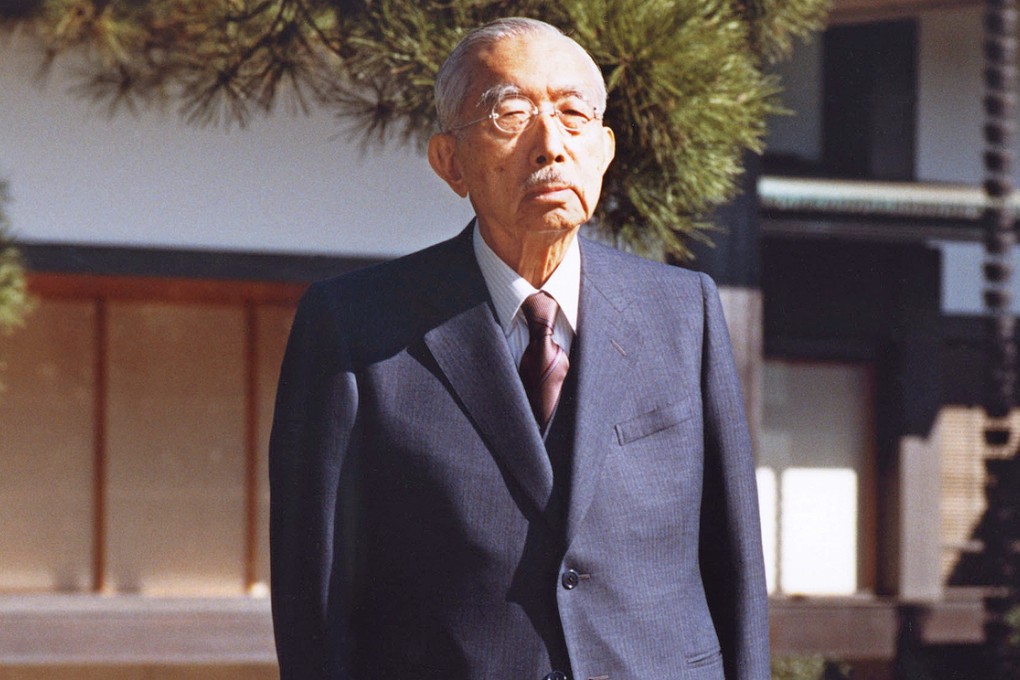Update | Japan’s Emperor Hirohito cautioned against second world war, says new official history
Emperor Hirohito cautioned against conflict but celebrated military success, according to the long-awaited official history of his reign, released on Tuesday.

Emperor Hirohito, the demi-god at the apex of the Japanese state when it waged bloody war across Asia, cautioned against conflict but celebrated military success, according to the long-awaited official history of his reign, released on Tuesday.

But it offers a largely sympathetic view of the man considered by some to have played a pivotal role in Japan’s march to the second world war, and by others as the helpless puppet of an out-of-control military state.
The annals, produced by the Imperial Household Agency, show how in the lead-up to Japan’s surprise attack on the US fleet at Pearl Harbour in December 1941, Hirohito warned against a “reckless war” that would make him feel “deeply sorry for my imperial ancestors.”
They depict a man who spoke out against the military commanders who had taken Japan into full-scale war against China in 1937 with the promise that the conflict would be short and that victory was assured.
But they also show a leader satisfied with triumphs on faraway battlefields.